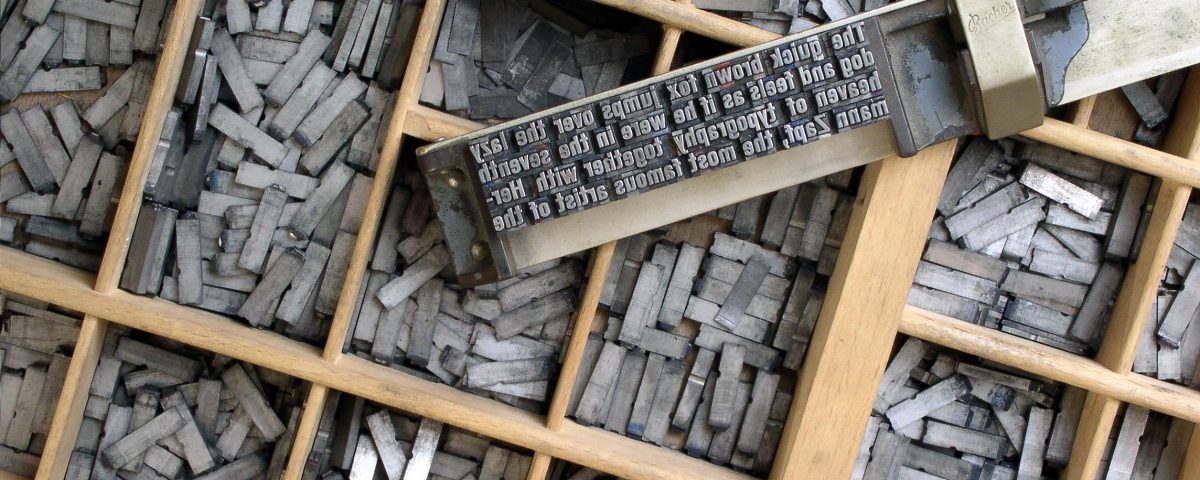In 1983 Play It Again Sports launched in Minneapolis, Minnesota, and within five years the store burst on the national scene through franchising opportunities. The stores used sporting equipment resale concept found quick success as many customers looked to cash-in on low prices.
Many sports require equipment that has a lifetime much longer than the average participants age or developmental phase which creates an ever-growing pool of used sports equipment. The chain soon blossomed to over 400 stores nationwide because of low product investment and high profitability. This same business model has allowed many movie and video game resale stores to find similar success.
Dozens of sports-focused retail chains have gone out of business, in the last thirty years, due to their “used” goods competitor’s success. But a few major chains have remained solvent, because they have become wiser at navigating the new landscape.
In the 2000’s many major sports chains have begun offering used goods in an effort to compete with stores like Play It Again Sports. This approach has been successful and has directly resulted in a scaling back of stores like Pay It Again Sports. But it took a long while for these companies to fight back.
Now, it’s the publishing industry’s turn to battle against Amazon’s new book resale policy. Amazon is allowing companies to purchase the “buy button” and sell “like new” used copies cheaper that an author or publisher.
Yes, that’s as bad as it sounds.
Companies that sell used books are not a new invention, but the scale and scope of Amazon’s reach is alarming. No longer will used book resellers rely on resale of popular titles and classics, they can now resell any and every book that has been made available for print anywhere in the world.
Should you be worried?
In the short-term, yes. This new policy opens the door to piracy and will take profits directly out of publisher and author pockets. There is hope though, Amazon may change or adjust the policy… but they don’t have too, and I wouldn’t bet on it. And many smaller platform authors won’t see any direct effect on this unless his or her book has been available in print or has had enough sales to have increased demand for used copies.
In the mid-term, maybe. Some authors will not be able to support a living without changing their publishing strategy and/or method. Like history has proven so often, those who don’t adapt, perish. I don’t recommend “quitting your day job” until we have more clarity as to the severity and impact of this new policy. It may be best to take a wait and see approach.
Your best step forward is to reevaluate your publishing strategy and set yourself up for success in this changing landscape. Think eBook, or stockpile hard copies of your releases so that you can win the buy button. Also, look at offering a book buyback program of your own, and purchase “like new” copies of your books to resale on the open market.
In the long-term, not really. The market always adjusts—it just may take some time.
Is there light at the end of the tunnel?
Yes, but it may take a while. Publishers and authors alike are going to have to figure out how to compete in this new landscape.
What are your thoughts about Amazon’s policy change?







2 Comments
Just because a large company can do something doesn’t mean that it should. I wish that instead of chasing money more companies would consider the long-range good of everyone. Enabling those of us who write to make a living would help us produce better writing. Our best writing attracts readers. It keeps readers turning the pages and buying more books. It would be wonderful if Amazon and others would ask how their actions affect the person who produced the book. Rant done. Now, back to my writing.
I understand the frustration.